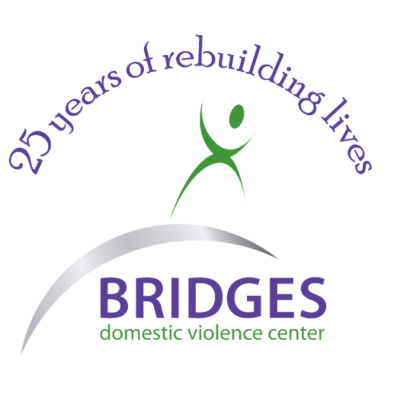A domestic abuse safety plan includes vital information tailored to your unique situation and will help you prepare for possible unsafe situations and how to best respond to them.
What Can a Domestic Abuse Safety Plan Include?
- Telling your friends and family about your situation
- Coping with the accompanying emotional and physical trauma
- Navigating resources best suited to your individual circumstances
The best domestic abuse safety plan will be personalized for your unique circumstances. It will work to improve your safety while still experiencing the abuse and as a further goal of assisting you in leaving the situation and helping you manage life after you have removed yourself.
One Thing At A Time
Manage your goals one at a time by asking yourself questions and deciding what the right answer will be for you and your circumstances. Resources such as this Personalized Worksheet, available from The National Domestic Violence Hotline, can be a helpful tool for you to use. During a traumatic environment, it can be extremely challenging to think clearly. Having a detailed checklist will be an essential guide for you to use.
Talk To People Who Care
Experiencing abuse can be very isolating, leaving you with a feeling of being all alone in the world. You may be told by the abuser that no one cares about you and what happens to you. The opposite is true. There are caring individuals all around you, friends, law enforcement, clergy, counselors, and medical professionals. Many of these people have access to resources that can help you manage your situation, protect you, and help you get somewhere safe, as well. For example, calling the National Domestic Violence Hotline at 1 (800) 799 SAFE (7233) is a great place to start. Talking to a professional who is invested in helping domestic abuse survivors can be invaluable in creating a domestic abuse safety plan.
Here at Bridges Domestic Violence Center, we serve women, men, and children affected by domestic violence. We help ensure a safe transition to successful independent living through education, intervention, and case management.
If you’ve decided to leave an abusive relationship, we’re here to give you shelter and assist you. Your privacy is important to us. Any assistance you receive is free of charge and will be provided with complete confidentiality.
If you are in immediate physical danger, please call 911, then give us a call at (615) 599- 5777.
We are a member agency of United Way of Greater Nashville.

